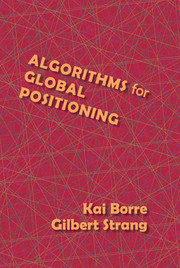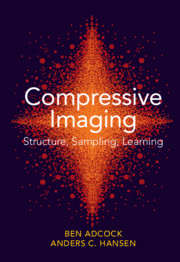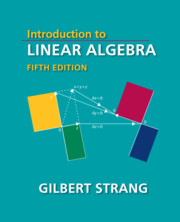Algorithms for Global Positioning
The emergence of satellite technology has changed the lives of millions of people. In particular, GPS has brought an unprecedented level of accuracy to the field of geodesy. This text is a guide to the algorithms and mathematical principles that account for the success of GPS technology and replaces the authors' previous work, Linear Algebra, Geodesy, and GPS (1997). An initial discussion of the basic concepts, characteristics and technical aspects of different satellite systems is followed by the necessary mathematical content which is presented in a detailed and self-contained fashion. At the heart of the matter are the positioning algorithms on which GPS technology relies, the discussion of which will affirm the mathematical contents of the previous chapters. Numerous ready-to-use MATLAB codes are included for the reader. This comprehensive guide will be invaluable for engineers and academic researchers who wish to master the theory and practical application of GPS technology.
- A self-contained guide to the theory and practice of GPS
- Clear exposition of the mathematics of GPS
- Includes ready-to-use MATLAB codes
Product details
May 2012Hardback
9780980232738
450 pages
260 × 182 × 25 mm
0.98kg
Available
Table of Contents
- Preface and outline
- Abbreviations
- The mathematics of GPS
- A GPS software receiver
- Part I. Satellite Signals and Coordinate Systems:
- 1. Essential ideas and applications of GNSS
- 2. GNSS signals and modulations
- 3. Change of coordinate systems
- Part II. Optimal Estimates:
- 4. Random variables and covariance matrices
- 5. Random processes
- 6. Linear algebra for weighted least squares
- 7. Singular normal equations and networks
- 8. Kalman filters
- Part III. Positioning Algorithms:
- 9. Receiver position from one-way pseudoranges
- 10. Differences of one-way observations
- Part IV. Geodesy and Earth Coordinates:
- 11. Geometry of the ellipsoid
- 12. Conformal mappings of the ellipsoid
- Glossary
- Bibliography
- Index of M-files
- Index.








